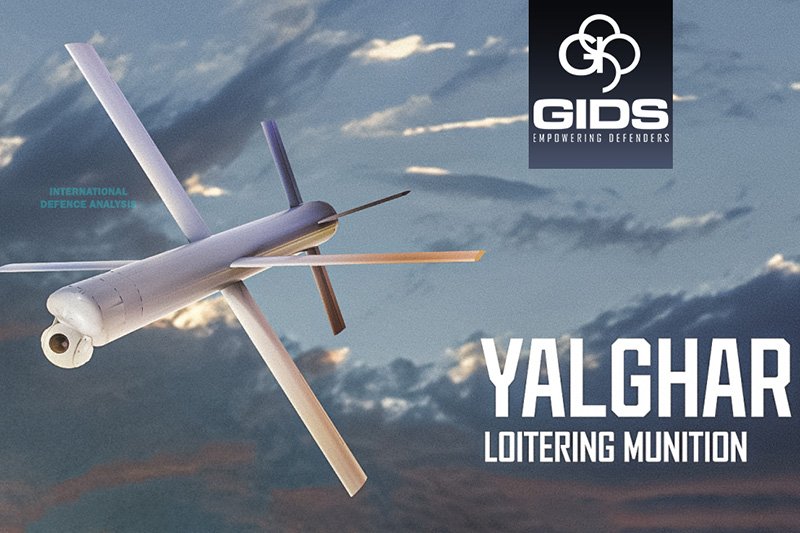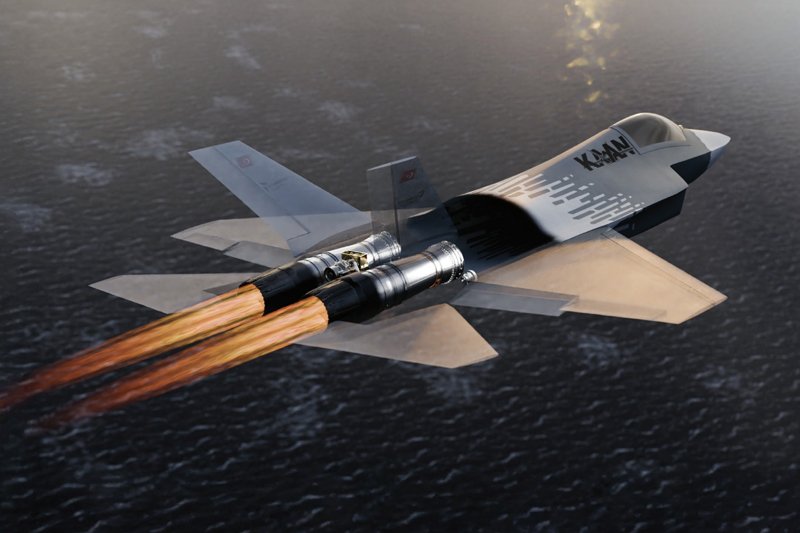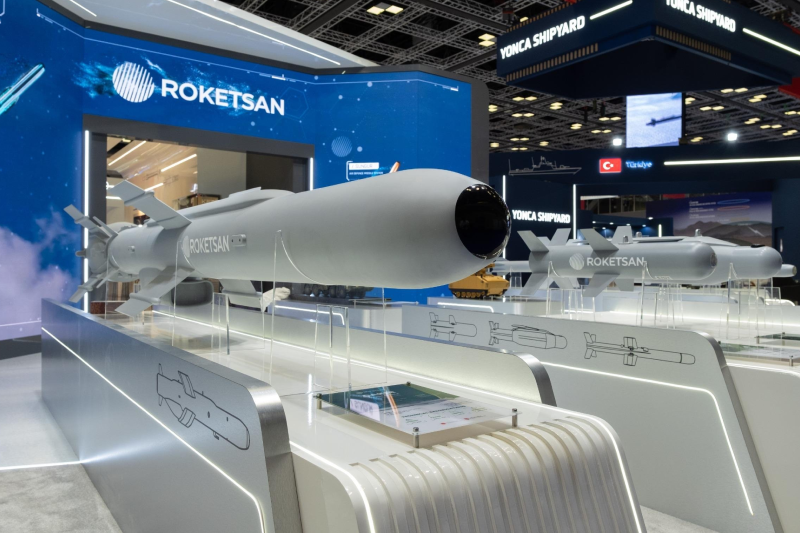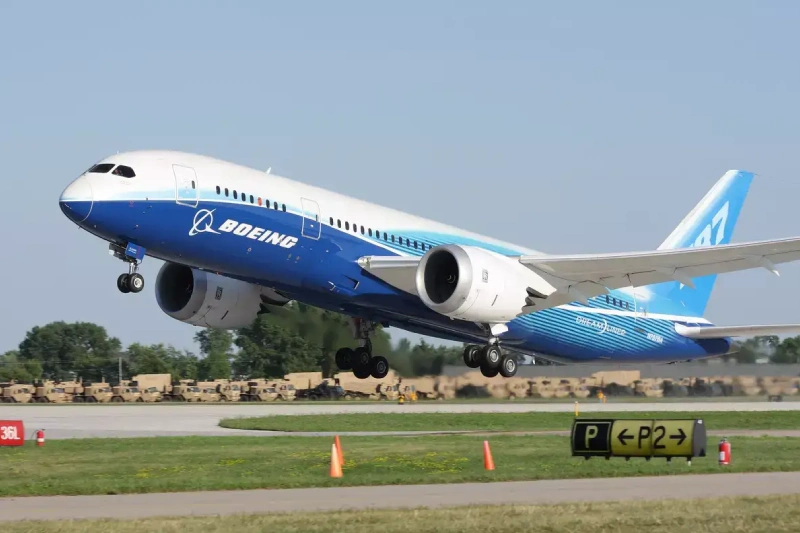China Ends Boeing Delivery Ban US-China trade agreement
China has reportedly lifted its ban on airlines taking delivery of Boeing aircraft. This development comes on the heels of a temporary tariff reduction agreement between the United States and China, signaling a potential thaw in trade relations between the world’s two largest economies. According to Bloomberg News, Chinese officials have begun notifying domestic carriers and government agencies that deliveries of US manufactured aircraft can resume, marking a significant shift in policy that could have far-reaching implications for global aviation supply chains.
Trade Tensions and Aviation Impact
While Beijing never officially acknowledged a formal ban on Boeing deliveries, industry observers noted a clear halt in the flow of new Boeing aircraft to Chinese carriers in recent months. Senior industry sources indicated they were not aware of explicit instructions against taking Boeing planes, creating a situation of ambiguity that nevertheless resulted in a de facto delivery stoppage. The situation became more apparent last month when Boeing publicly acknowledged that customers in China would not take delivery of new planes due to tariffs, forcing the aerospace giant to consider reselling potentially dozens of aircraft intended for Chinese operators.
Economic Context of the Dispute
The aviation standoff came amid escalating trade tensions between Washington and Beijing, with both sides implementing punitive tariffs exceeding 100% on various goods. For Boeing, this created a particularly challenging situation as China represents approximately 10% of its commercial backlog and stands as a critical growth market for commercial aviation. The delivery freeze threatened to exacerbate Boeing’s already significant inventory challenges as the manufacturer works to recover from production issues and regulatory scrutiny.
Bilateral Tariff Reduction Agreement
The turning point came earlier this week when Washington and Beijing agreed to substantially reduce reciprocal tariffs during a 90-day negotiation period. This agreement, reached following high-level talks in Geneva over the weekend, appears to have provided sufficient confidence for Chinese authorities to signal a resumption of Boeing deliveries. The temporary nature of the tariff reduction suggests both sides are creating space for more comprehensive negotiations while providing immediate relief to affected industries.
Previous Exemptions and Industry Pressure
Prior to this broader agreement, China had already granted exemptions from high tariffs to certain aerospace equipment parts, including engines and landing gear. These selective exemptions highlighted the complex nature of global aviation supply chains and perhaps indicated Beijing’s recognition of the interdependencies in the aerospace sector. Just two weeks ago, Chinese officials publicly acknowledged that both Chinese airlines and Boeing had been “severely affected” by U.S.-imposed tariffs, suggesting a growing awareness of the mutual harm caused by the trade dispute.
Impact on Boeing’s Business and Inventory
Boeing executives had previously disclosed during their first-quarter earnings call that the company had planned for 50 jets to go to Chinese carriers this year, with 41 already in production or pre-built. The delivery freeze created significant inventory management challenges, as Boeing was hesitant to redirect these aircraft to other customers despite interest from alternative airlines. Practical obstacles complicated potential reallocation efforts, including the fact that seating configurations had already been selected and purchased by the Chinese carriers.
Expected Deliveries Moving Forward
According to Boeing, Chinese customers are expected to take 25 out of 30 remaining 737 MAX jets built before 2023 that have not yet been delivered. Additionally, industry sources and aircraft tracking databases indicate at least four 777 freighter planes are currently in production for Chinese carriers. The resumption of deliveries would provide welcome financial relief for Boeing, which has been working to reduce high inventory levels while managing ongoing production and quality control challenges.
Also read this: Chad Acquires New Air Defense Systems from China
Industry Reaction and Future Outlook
While Boeing has declined to comment specifically on the Bloomberg report, and China’s Civil Aviation Administration has not responded to requests for comment, the development is likely to be welcomed by industry stakeholders across the aviation ecosystem. Investors will be watching closely to see how quickly deliveries resume and whether the 90-day tariff reduction period leads to a more permanent resolution of trade tensions.
For Boeing, the reopening of the Chinese market comes at a critical time as the company works to stabilize its operations and restore confidence in its manufacturing processes. For Chinese airlines, access to new Boeing aircraft will help support fleet renewal and expansion plans in what remains one of the world’s fastest-growing aviation markets despite recent economic headwinds.
Keep connected with us at Facebook, Twitter, YouTube, Instagram & TikTok for latest defense happening around the globe.
Discover more from International Defence Analysis
Subscribe to get the latest posts sent to your email.












